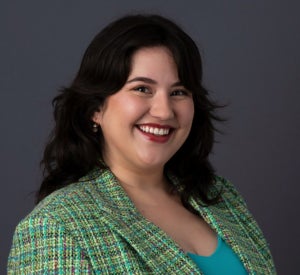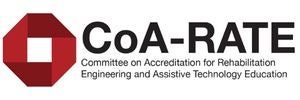Rehabilitation Technology (MRT)
Format(s)
Hybrid
Hybrid
Degree Type
Master of Rehabilitation Technology
Master of Rehabilitation Technology
Duration
Full-time
1 year
(3 terms, including 1 summer term)
Part-time
Varies and at the student’s pace
Format(s)
Hybrid
Hybrid
Degree Type
Master of Rehabilitation Technology
Master of Rehabilitation Technology
Duration
Full-time
1 year
(3 terms, including 1 summer term)
Part-time
Varies and at the student’s pace
Home | Department of Rehabilitation Science and Technology | Rehabilitation Technology (MRT)



